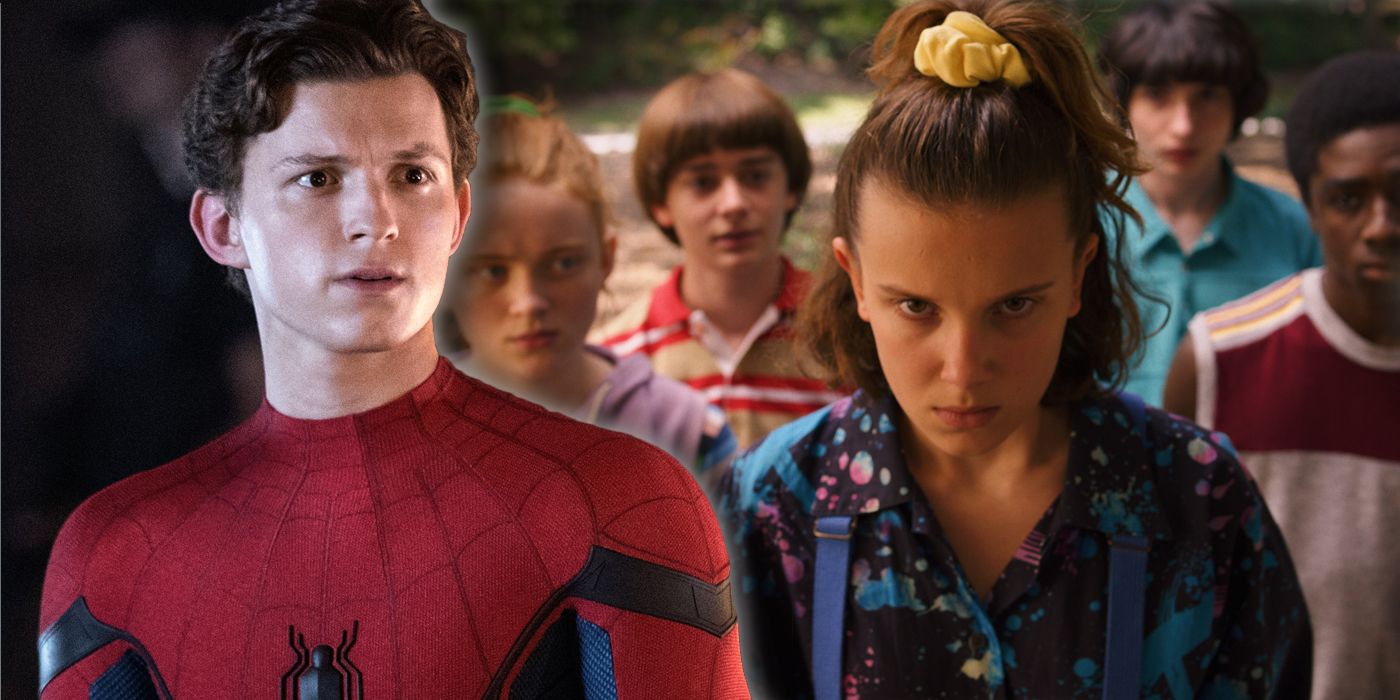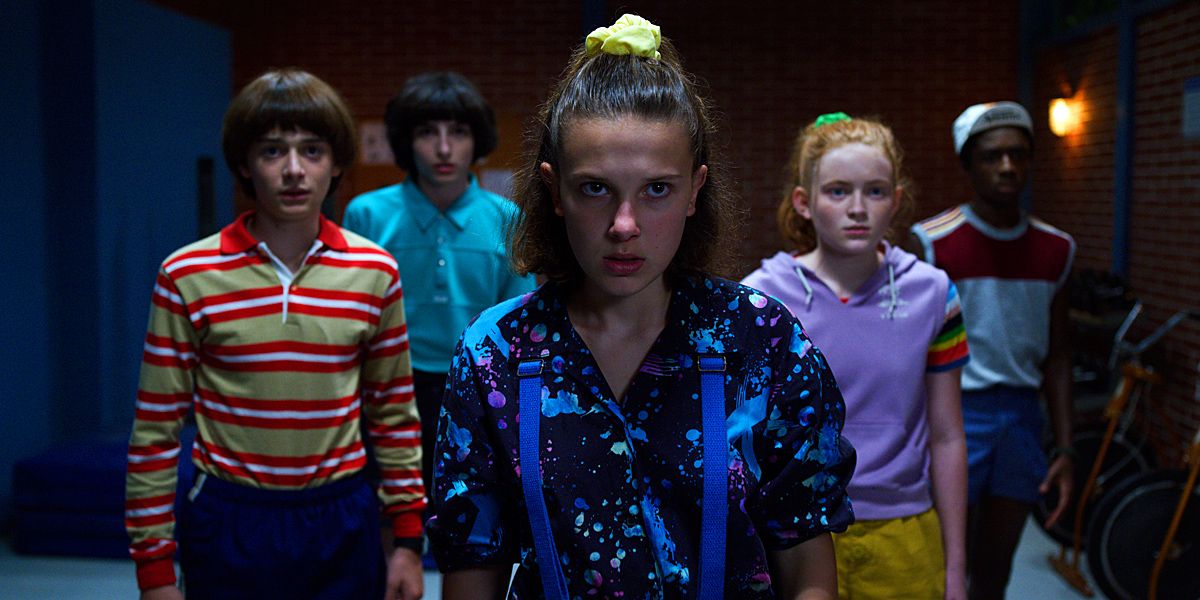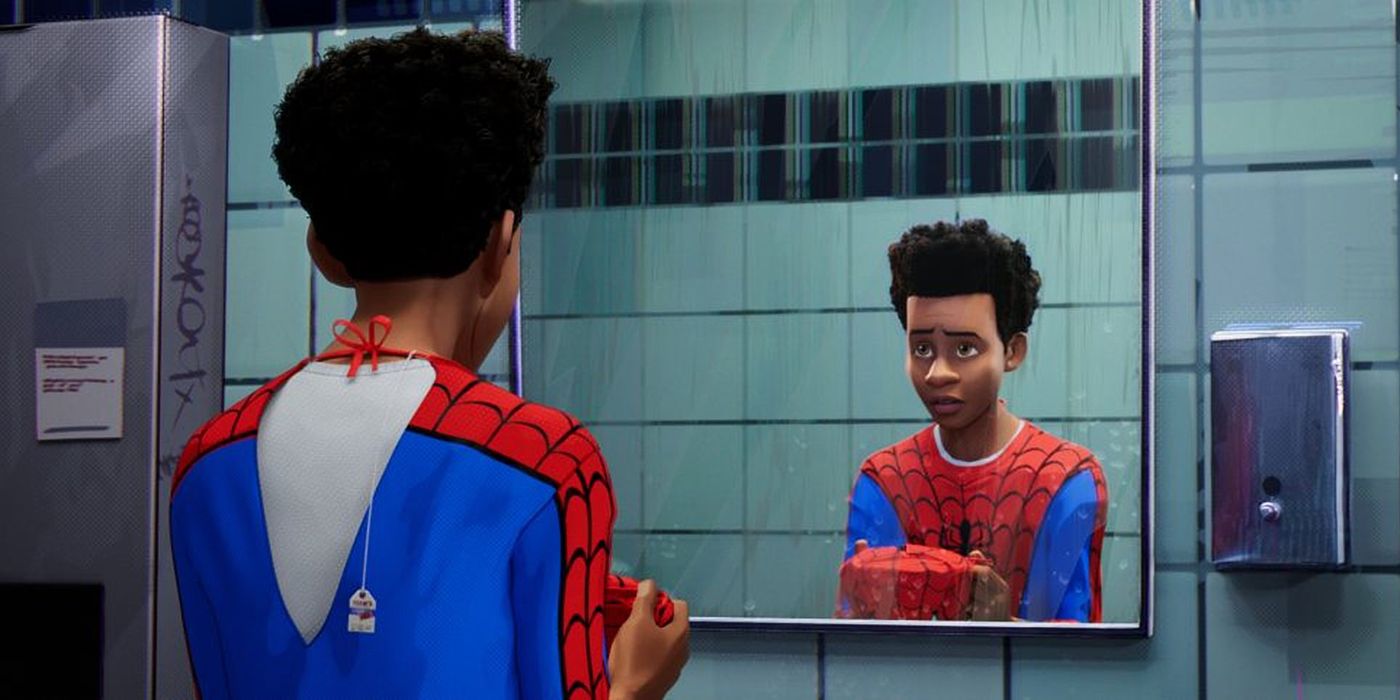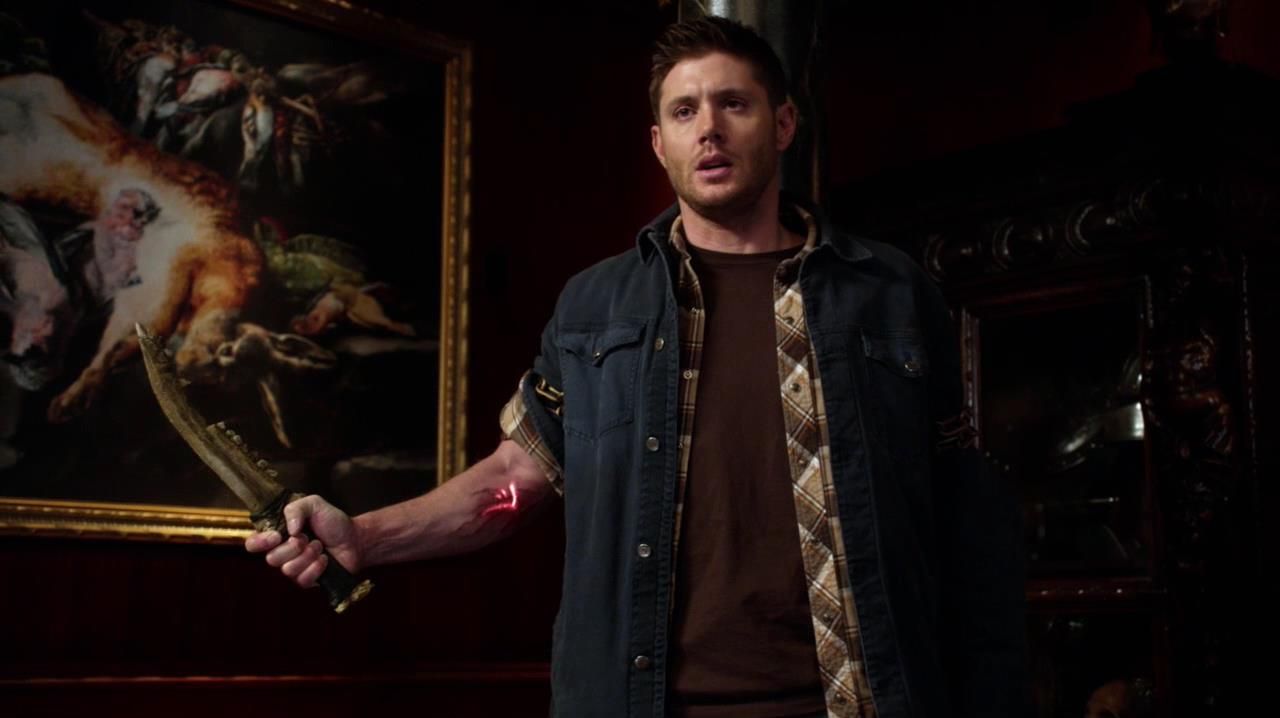Stories about extraordinary beings doing extraordinary things have fascinated us for centuries. The superhero genre is basically direct extension of our ancestors' ancient tales about gods, monsters and family dramas that shaped the world. The incredible powers of modern superheroes tap into everything we still don't understand about the world -- and beyond our world -- while the retention of their humanity assures us that we don't need to be afraid of the unknown.
Characters like these, whether they're Greek demigods or Kryptonian orphans, will always fascinate us, but stories of everyday people being drawn into similarly epic tales resonate with us on a more personal level. Knowing this, J.J.R Tolkien created a world of immortal elves and talking dragons, only to designate its smallest and least remarkable creatures as its greatest saviors. Across pop culture, these kinds of ordinary do-gooders have been earning more time in the spotlight recently, with their presence made more noticeable amid the widespread resurgence of superpowered people and predestined warriors.
Surrounding Stranger Things' Eleven, a psychic child who regularly smacks down with interdimensional beasts, is a cluster of distinctly average people: a working, single mom; a police chief in a nowhere town; bored teenagers with summer jobs and a gaggle of nerdy kids whose only combat experience comes from basement sessions of Dungeons & Dragons. Their headquarters is a dingy cabin in the woods, their vehicles are bikes and second-hands cards and their wits are their only defense against an onslaught of slathering creatures and armed government agents.
Ordinary people in superhero and superhero-adjacent media usually exist solely to service the extraordinary people they share a page or screen with: acting as boots-on-the-ground informants, cheerleaders or comic relief, like Superman's other pal, the oafish but well-meaning bartender, Bibbo Bibbowski. As is the case with Bibbo, they're invariably blue-collar workers or societal misfits, or possess an indispensable but regular skill, like Doctor Leslie Thompkins, one of the Batman universe's best unsung, ordinary heroes, or her Marvel counterpart, the Night Nurse.
A superhero's support squad is rarely put on equal footing with them, but those kinds of characters are the center of Stranger Things -- a true ensemble affair that has seen huge critical and ratings success. Putting aside the Jean Grey-esque telekinetic powerhouse that's part of the gagn, seeing a distinctly un-special group of people successfully fending their homes off from all manner of unusual threats gives us hope that, as distinctly un-special people ourselves, we might have it in us to do the same thing if we had to. (Though we really hope we don't have to. That's what television is for.)
We can draw a line from this to the continuing popularity of Spider-Man, one of the few superpowered heroes who worries just as much about where his next pay check is coming from as he does about his villain of the week. The MCU's Spider-Man films understand how important this humility is to Peter Parker's likeability, ensuring that even after a trip into space in Avengers: Infinity War, the friendly neighborhood web-slinger is brought back down to Earth in time for the more grounded escapades of Spider-Man: Far From Home.
As Into The Spider-Verse reminded us, the core of the Spider-Man mantle is its everyman (or everywoman) quality where being "chosen" for greatness is broadened out into a more egalitarian idea. Conversely, not everyone can be Superman, but even the Man of Steel maintains a civilian persona, valuing the escapism of an ordinary quiet existence more than being able to pop over to the other side of the galaxy at a moment's notice.
We also value Superman more when he turns his invincible fists to tackling villains of an ordinary nature, too. Sure, stopping Darkseid from ending all life everywhere is pretty important, but there's a more guttural satisfaction to be had in seeing him punch out domestic abusers and Klu Klux Klan initiates.
We reaped that same level of satisfaction from the first season of Marvel and Netflix's Daredevil, where the world-ending stakes were localized to just a small subsection of New York. Matt Murdock, when given the chance to elevate himself away from his working-class roots through his middle-class career, remains stubbornly loyal to grass-roots heroism, ever-skeptical of the rich and powerful's commitment to improving the lives of the less fortunate. It's crime-fighting and social justice activism working hand in hand.
Perhaps nowhere in mainstream media are these ideas more pronounced, and unexpectedly so, than the long-running CW series, Supernatural. Sam and Dean Winchester are two brothers who (throughout the majority of the show's seasons) wear flannel and jeans; move from crappy motel to crappy motel; pull credit cards scams to survive and risk their lives fighting things nobody knows exist for no acclaim or personal gain.
Though highly-skilled and well-respected within their underground community of hunters, the Winchester brothers are as from superheroes as you can get, despite fighting similar kinds of foes. In fact, they actively reject the tropes of the genre: When Sam is forcibly given "Chosen One" psychic powers a la Stranger Things' Eleven, he eventually rebuffs them as the poison chalice they are. And when Dean's murderous strength is turned up to 11 by bearing the Mark of Cain, his "superpower" is portrayed as a terrible affliction to be cured, rather than a miraculous gift to treasure.
The vast majority of superheroes, vigilantes and even heroes like the Stranger Things gang, are embedded in the fabric of society, be they suburbanites or city-dwellers. As Aaron C. Burnell argues in "Supernatural and the shift in 'White Trash' from Monster to Hero," Sam and Dean, who drift from place to place tied only to one another, exist about as far from civilized society as you can get. "By being grifters(/hunters) the Winchesters, like the cowboy, can never fully align themselves within the cultural capital of the work force nor the imagined community of surburbia. They can neither exist as complete monsters nor total heroes. Instead, they are something in between: they are 'white trash.'"
Given how often the horror genre, which Supernatural draws huge influence from, is populated by many a demented hillbilly stalking young, beautiful, affluent men and women, this reading paints Sam and Dean as the most subversive kind of ordinary heroes, especially when you consider how well The CW's core audience base fits into that "prey" category. The cruel irony is that in defending society at large from monsters, Sam and Dean constantly make themselves vulnerable to monstrosity, something that will forever alienate them from that society. They can never enjoy the benefits of the peaceful world they're working to build.
While tales of billionaires in gadget-laden suits and aliens with godlike powers feed our imagination, this kind of unrewarded, invisible heroism speaks to the very best in humanity -- something that Far From Home's Mysterio cynically misunderstood when he identified Iron Man's world-saving efforts as merely performative. When there are no news cameras or cheering bystanders around, there's nothing to misunderstand about the heroic deeds of ordinary, everyday folk.




